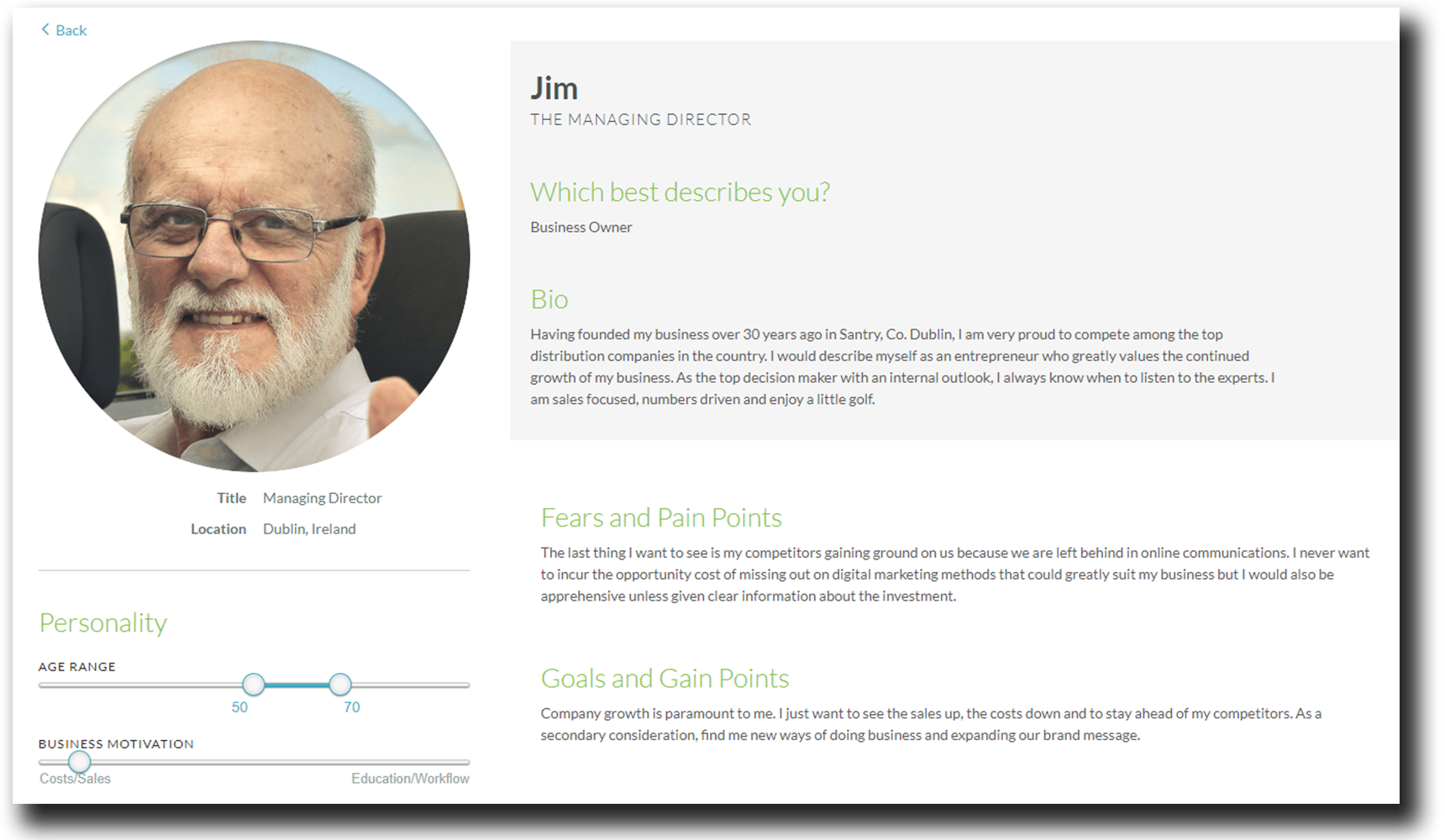The role of the customer is changing.
Nowadays, customer expectation from the companies and brands they support and work with is at an all time high!
This in part is definitely influenced by an online environment where information is available more freely than ever. Everyday consumers are also making an effort to support purpose-driven brands, which plays a significant role in affecting their consumer behaviours and purchasing decisions.

As a result, companies and brands are no longer building their marketing strategy solely around the goal to accelerate business acquisitions anymore.
They are now looking deeper into creating connected experiences with the help of data, insights, and by leveraging new tools such as automation and intelligence. These tools and resources are extremely helpful to ensure that their marketing efforts are helping their brand stay relevant to their customers.
There is an increasing emphasis on the customer experience
As I mentioned earlier, customers’ expectations are changing the way many companies and brands do business. More importantly, it is changing the way many companies and brands do marketing. Customers expect businesses and brands to know exactly what they want and they are seeking meaningful and relevant interactions.
There is now a stronger emphasis on the customer experience (CX) and it is becoming increasingly important within the realm of marketing. It’s time to shift your mindset and start approaching your marketing efforts with a “customer first” mindset.
With that, more and more people have been talking about the importance of data and its positive impact on enhancing the customer experience. Data-driven businesses are on the rise and many of them are exploring and using data-driven creativity to map out their customer journey. As a result, this helps brands manage customers’ expectations and create an engaging experience. Through building a collaborative culture, companies and brands are able to unlock the potential to accommodate the changing role of the customer.
How can companies and brands stay relatable to their customers in 2019 and beyond?
Now that we’ve discussed the “what”, it’s time to discuss the “how”. With the changing role of the customer, how can companies and brands stay relatable to their customers in 2019 and beyond?
Create targeted in-depth buyer persona profiles
Now that the focus has shifted to the customer, it’s important to take the time to create targeted, in-depth customer profiles. Getting into the habit of doing this will help you gain a deeper understanding of consumer behaviour, what your customers like and don’t like, and how you can formulate and segment your marketing strategy for different targeted audiences.
The bottom line is that understanding characteristics about your potential customers is a critical step in establishing an effective marketing strategy!
A buyer persona is a semi-fictional representation of your ideal customer based on a combination of market research, customer demographics and behaviour and real data about your existing customers along with your own understanding of their motivations and challenges.

“A major virtue of personas is the establishment of empathy and understanding the individual who uses the product.” – Donald A. Norman of the Nielsen Norman Group
Elements to consider when creating customer personas can include:
- Age or age range
- Gender
- Geographical location
- Level of education
- Occupation
- General income level
- Gain Points – What they hope to achieve
- Pain Points – What they hope to avoid
Conduct A/B tests to figure out what works and what doesn’t
Using cross-channel data to design, personalize, and test different marketing campaigns can result in positive outcomes when it comes to reaching and engaging with customers. This may also be an opportune time to experiment with conducting A/B tests to help potential customers move more effectively through the marketing funnel.
Work with a marketing agency to help manage customer expectations
There may be instances when it becomes hard to keep up with increased customer expectations, especially if you have a relatively small marketing team and limited resources. With increasing demands from customers, it may be beneficial to consider outsourcing your digital marketing efforts to help manage customers’ expectations. Based on Glassdoor data from 2018, companies can hire a whole team of digital experts from an agency for the same price of a single marketing professional.

It’s important to identify any gaps within your marketing department and consider key factors when comparing in-house marketing teams against outsourced marketing agencies. Working with an outsourced marketing agency is beneficial if you require:
- The need for wide-ranging skill sets
- A desire to keep a competitive edge with industry best practices
- A larger network of brainpower
- Access to tools and platforms
Often times, many businesses take on their digital marketing efforts alone. With the role of the customer changing, it may become even more challenging and overwhelming. Working with a marketing agency is better than going at it alone because it solves the “time is money” problem, it keeps you out of the sell-do loop, and it provides knowledge (and we all know that knowledge is power).
As you continue to revolve your digital marketing efforts around your customers, think of different ways you can manage their expectations. The role of the customer will only become more significant from here on out. Make sure you invest in the right tools and resources and put your best foot forward.

Stay Connected